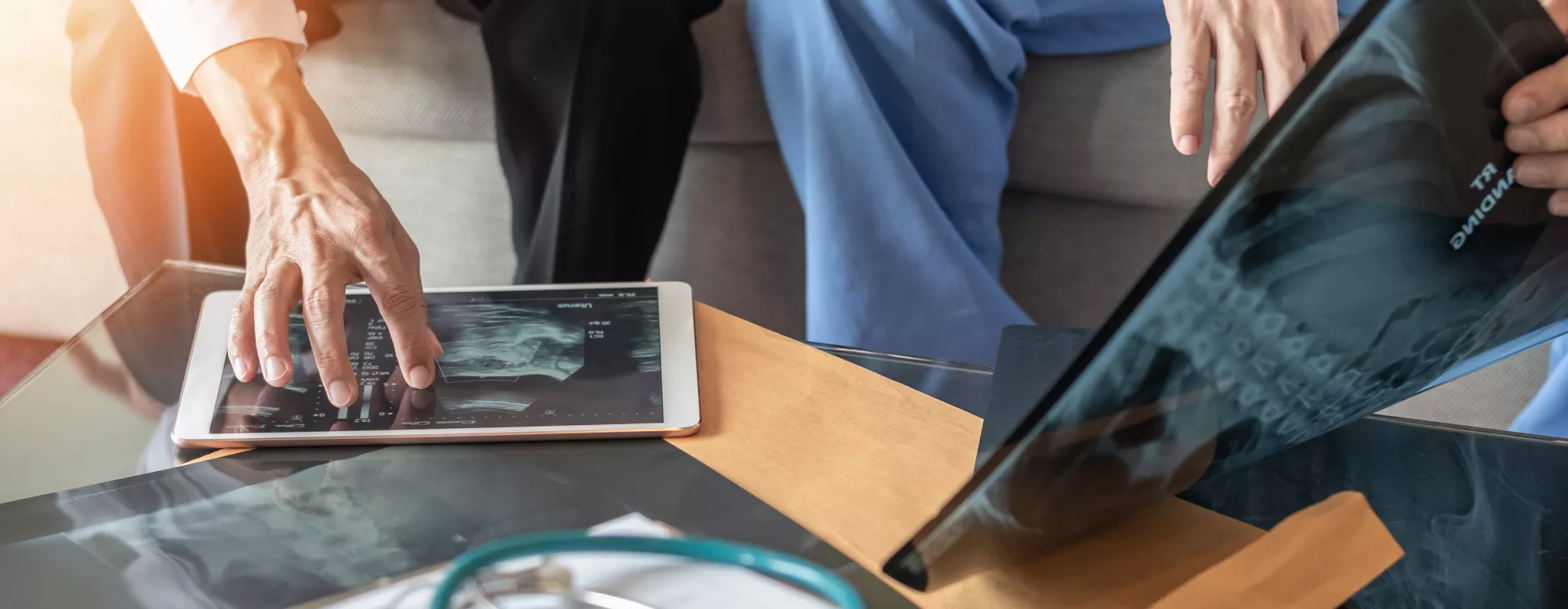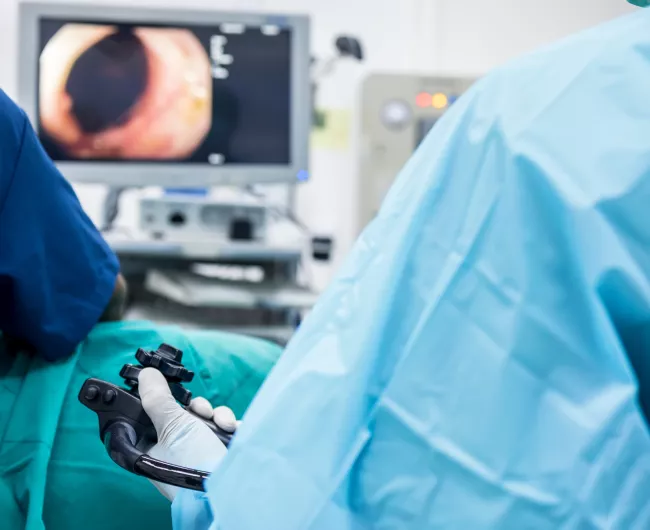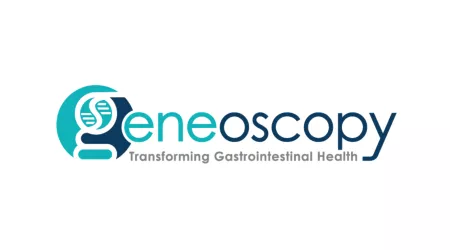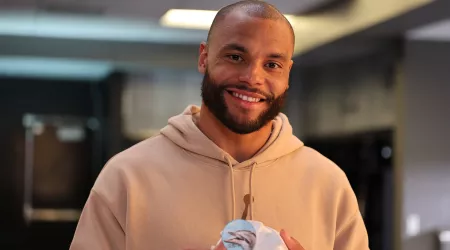
Screening and prevention
Colorectal cancer is the second deadliest cancer in the United States. Yet it's one of the few cancers that's preventable. Screening for colorectal cancer is the No. 1 way you can prevent colon cancer and rectal cancer. They're also highly treatable if caught early. That’s why on-time screening is essential and lifesaving.

Get screened at 45
Most people should begin colorectal cancer screenings at age 45, according to the latest recommendations from the American Cancer Society. If you have a family history of colorectal cancer or other risk factors, you may need to be screened earlier than 45. Speak with your healthcare provider about developing a screening plan for you. They can recommend when and how you should be screened.
Colorectal cancer screening methods
There are a number of options for screening for colorectal cancer. You and your doctor can choose which one is best for you.
Colonoscopy
A colonoscopy is considered the gold standard in colorectal cancer screening. It allows doctor to identify and remove polyps (growths that can turn into cancer) in the same procedure.
At-home screening
While colonoscopy is the most effective screening exam for colorectal cancer, there are screening kits you can do from the comfort of your home.
Other screening methods
Colonoscopy and at-home tests are not the only options. There are several other methods to screen for colorectal cancer, and each method has its own pros and cons.

How to prepare for your colonoscopy
Preparing for your colonoscopy can be a daunting experience. Good prep ensures your doctor will have a clear look at your colon, which leads to stronger results. Find out what to do each day before your colonoscopy.
Colorectal cancer screening statistics
Each year, about 150,000 Americans are diagnosed with colorectal cancer.
With early detection, colorectal cancer has a 90% survival rate.
About 33% of eligible adults are not getting screened.
Frequently asked questions about colorectal cancer screening

Preventing colorectal cancer
While colorectal cancer screening is the single most important thing you can do to prevent colorectal cancer, you may be able to lower your risk with simple lifestyle changes such as exercising and eating well. Be proactive about your health.
“I was otherwise healthy and active. Because they found my cancer at age 45 when I was eligible to get my first screening, I was able to beat cancer.”
Take the colon cancer screening quiz
Getting checked for colon cancer can save your life. Take a short quiz to receive personalized screening options based on your individual risk factors.
Top resources

FDA approves ColoSense, mt-sRNA screening test from Geneoscopy
ColoSense is a screening test for adults, 45 years of age or older, who are at average risk for developing colorectal cancer (CRC).

Legislation introduced to address young-onset CRC
Explore the urgent need for the Colorectal Cancer Early Detection Act (HR 7714), legislation aimed at combating the rising incidence of colorectal cancer among younger adults through enhanced screening, education, and research.

Dak Prescott joins Alliance to ‘LEAD FROM BEHIND’
Initiative aims to reduce stigma and educate about screening choices, as the Colorectal Cancer Alliance launches a health equity fund to decrease disparities.





